Is politics (local and otherwise) something that you have to deal with in your line of work? How so?
As incoming VSO Volunteers we were taught not to wear red, green (and maybe yellow, I’m not sure anymore) shirts as these are associated with distinct rival political parties, during election time. Doing so is like wearing a red cap in Crips territory or a blue shirt in a Bloods neighborhood. During a presidential election in nearby Guinea last year we were told not to move around too much because political passions tend to spillover in the area where I was stationed because of tribal (and political) loyalties that transcend national borders. Other than that, it’s the usual corporate “politics” that you have in any organization, hohum. To win without fighting is best (Sun Tzu/The Art of War).
In your stay in Sierra Leone, any unexpected circumstance(s) that you surprisingly discover, which significantly influence your perception of the whole place?
[/fusion_builder_column]Discovering “Linda McCartney Vegetarian Sausage Rolls” in a small-town store . . . in a country that is ranked 2nd from the bottom among 176 countries in the UNDP Human Development Index (next only to Niger). In terms of its influence on my perception, I am still thinking what to make of it, i.e., what to make of the fact. For sure the steady inflow of “opotus” (white men) who can afford such luxury is the reason. What to make out of it? Maybe I’ll fry . . . in, ugh, olive oil.
As an expert/consultant in your field coming from a developing country and working in another country like Sierra Leone, how do you answer the question (apologies if you have already been asked so many times) that may be in the mind of some people as to whether or not it is a “misplaced priority” on your part to provide your expertise in other country? Is this a fair and misplaced question or is it unfair to ask you this question?
Until a few years ago the Philippines was a “volunteer-accepting” country only. Now we are exclusively sending out VSO volunteers and do not accept volunteers anymore. Considering that VSO “exports” skills in the form of volunteers, this is a testament, nay, a compliment, to our capacity to solve our own problems ourselves. The Philippines is the VSO recruitment hub in South East Asia, and people from Japan, Indonesia, Malaysia, etc. go to the Philippines to train as volunteers. Volunteers come back home enriched, more inspired, more knowledgeable, more connected, in some cases pregnant. Rather than a brain drain, it is a brain gain — even baby gain. The longest that a volunteer can be placed abroad at a time is two years (shortest 6 months). This may be look like one step back, but it’s also two steps forward.
So as a Filipino volunteer I was proud rather than embarrassed. I referenced home-grown land management techniques like SALT (with some modifications), promoted, cooked, and shared Malunggay (which also grows here, but not eaten), demonstrated how to make Philippine bird-traps (learned a few local trapping methods in turn).
After my VSO days, I still stand proud among other nationalities in this first-of-its-kind sugarcane ethanol project in Africa. I have easily convinced my South African boss that the best knife for cutting seed canes by hand is not the local “cutlass” as it is called which is long and heavy, but our own curved knife like the one used for gathering coconut “tuba” which we call in Ilonggo “sanggot” (Tagalog “karambit”). So I drew a template and had several pieces made by a local blacksmith, and it was a hit with the workers, even a hit with their fingers—that quick and sharp, and we have been using them since. I am also learning a lot and all these I will bring with me when I come home for good, including some African Mango seeds, which is the current dieting fad, if I can. Diamonds, that’s another matter. . .
But the question is fair. I still get a lot of email inquiries and requests regarding my hydraulic ram pumps and my non-circulating hydroponics. I do reply with construction plans and I left at home some instructional CDs which my wife re-copies and sends out for a small amount. I am writing a do-it-yourself manual on hydram water supply systems. Maybe you can help me find a publisher later on.
A few years ago, you launched the “Simple Tech” venture. Can you give us a brief description of the concept behind this undertaking? What’s going on with this venture?
SIMPLTECH – it’s just the name of my mediocre website to attract attention to what I was doing then (hydram water systems and simplified hydroponics). In other words, a “marketing ploy.” The concept is that simple technologies when applied can tremendously improve people’s lives, hence the blurb “Low-tech, High-touch Solutions. It is still there, plus other relevant stuff, at www.simpltech.weebly.com
But since I am here in Sierra Leone, it is in hiatus. Maybe if you retire in the Philippines we can revive it to include some of your many inventions. Perhaps we can use your technology for modulating lignin in plants to make compost from sawdust quickly.
Change sometimes happens in a slow glacial pace. This may be especially true in your line of work that deals with introducing new technology in areas that are heavily embedded in traditions. Or is this assumption wrong? Do you ever get a sense of accomplishment when change is not happening? How do you measure success?
Change is not an event, but a process. Yes it can be slow and one way hasten it is to show, and not tell. Luckily my Department is engaged in that kind of work too – to question the status quo, to see if something can be improved in the spirit of “kaizen” or change for the better.
In some cases we do not want change or maybe want change to come slowly, in a way and pace that people and places can cope with. I still want my town to remain a sleepy little “neighborhood” for example; like the song says, we must hold back the dawn… while there’s still time to try.”
Like everyone else I measure success in metric . . . unlike those stubborn you know who.
Looking back when you were still at college (more than three decades ago?) and still considered yourself an “idealist” (whatever that means), does doing what you are doing now affirm that sense of idealism? Or was the whole thing just a romanticized phase? What is the biggest lesson that you learned after several decades since college?
It’s said that idealists are guided by their devotion to their personal ethics. They are altruistic, taking satisfaction in the well-being of others. They believe in the basic goodness of the world and of the people in it. They take a holistic view toward suffering and misfortune, regarding them as part of a larger, unknowable truth, a mystical cause-and-effect. With an eye toward the future, they view life as a journey toward a deeper spiritual knowledge. So, aren’t we all idealists? But do we also often act dictated by consideration of the immediate practical consequences rather than by theory or some “ideal” tenet? Rather, the question is what are you ideal about? So rather than a romanticized phase as you put it, we are all phased romantics. In the medical phrase “essential hypertension” my guess is that the word essential doesn’t mean “important” but a derivative of “essence” which leads to “circumstance.” And so we are, as our essence of the moment.
The biggest lesson I learned is get your life insurance early.
Last Updated on October 12, 2016 by Tudla_Admin


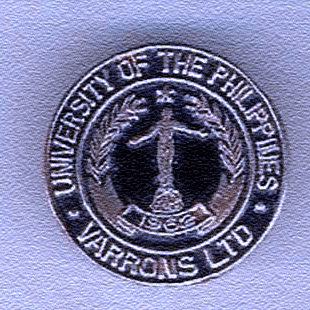



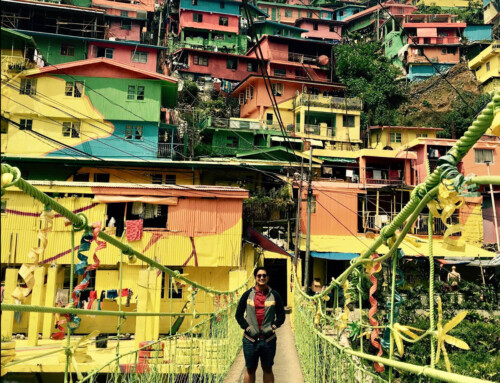



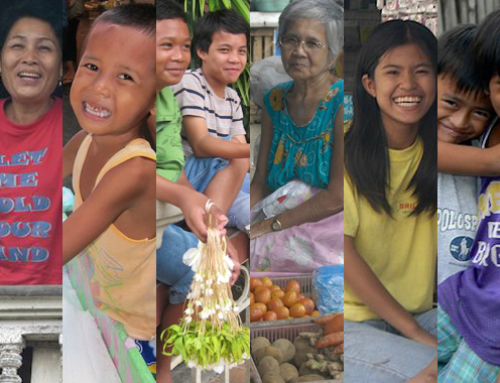
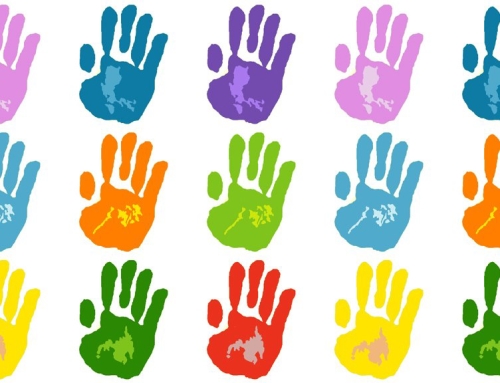

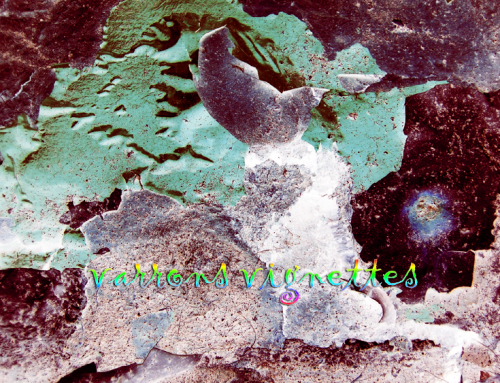
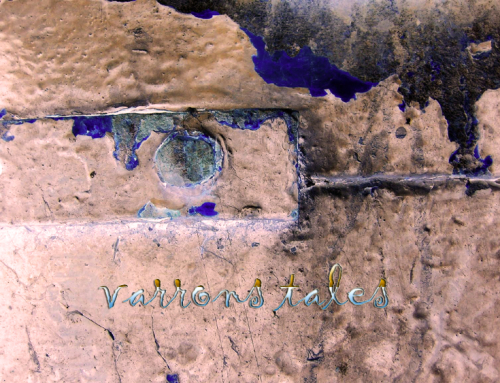
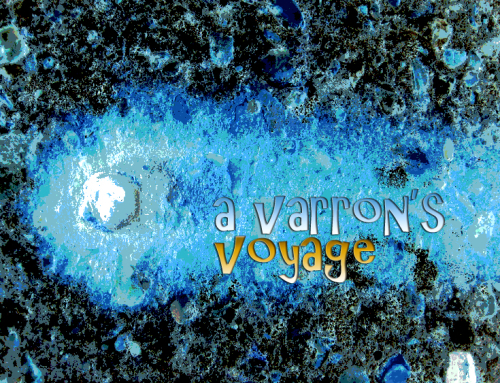
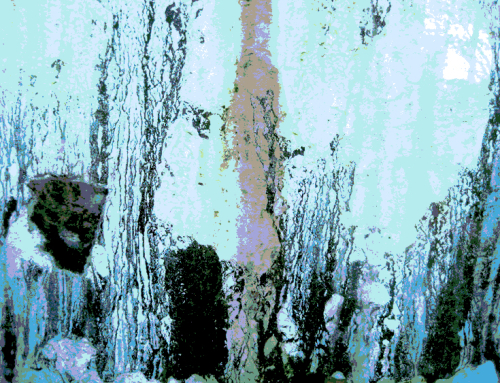
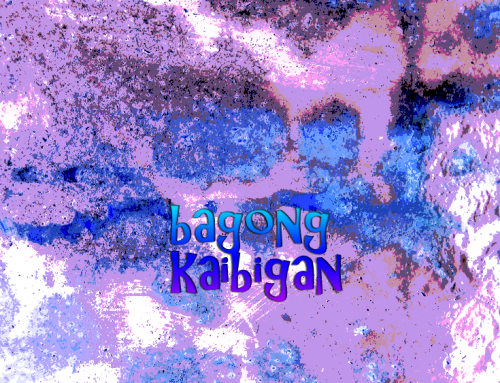
Leave A Comment